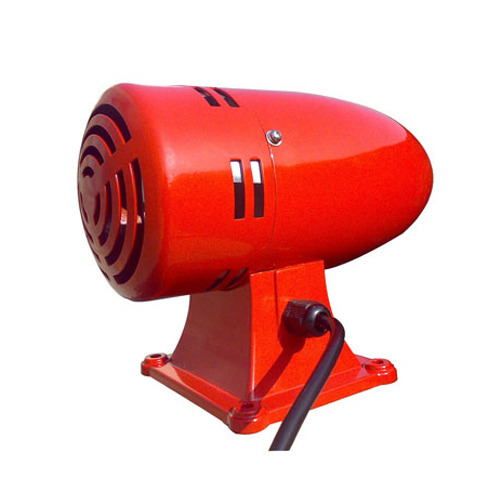Schedule a Call Back
More Indian companies need to create culture of safety compliance
 Interviews
Interviews- Jan 01,20

Related Stories

Why Workplace Safety is Crucial for the Success of Make in India
As India’s manufacturing sector targets 25 per cent GDP contribution by 2047, strengthening workplace safety is critical to protecting workers, improving productivity and ensuring the long-term su..
Read more
Best practices to ensure safer work at heights across industries
As industries expand infrastructure, ensuring safe work at height is vital. Kamarajan M, Head of Education, British Safety Council, India, outlines essential measures to reduce fall risks and safegu..
Read more
The Growing Threat of Heat Stress in the Workplace
Extreme heat puts millions of workers at serious risk globally. Suresh Tanwar, Senior Head of Audit and Consultancy, British Safety Council, India, highlights the growing threat of heat stress in th..
Read moreRelated Products

Grey Polka Dash Board Covers
Elegant Auto Accessories offers a wide range of grey polka dash board covers.

Fire Protection - Industrial Sirens
Amit Safety Enterprises offers a wide range of fire protection industrial sirens.
Read more
Fire Alarm Sysytem
Nayakson Security Systems is offering a range of fire alarm, intrusion alarm and gas alarm systems.
















